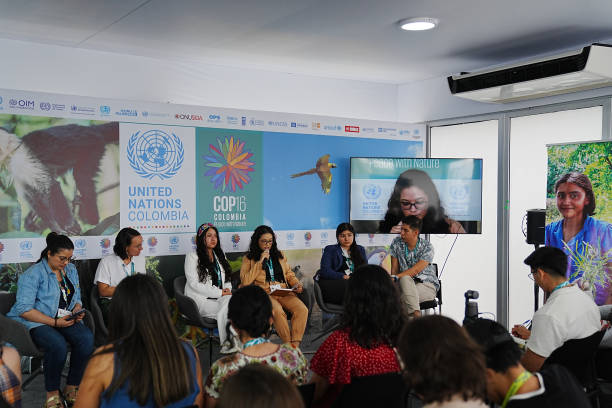As nearly 200 countries gather in Colombia for the UN COP16 biodiversity summit, a pressing issue looms the urgent need for $700 billion annually to restore nature.
This figure is crucial for sustainably managing biodiversity and halting ecosystem destruction. However, as discussions enter their second week, frustration is growing over the slow pace of funding commitments, particularly from wealthy nations.
The Africa Group, representing African nations, has expressed deep concern about the progress, suggesting that expectations for rich countries to meet their 2025 finance targets are overly optimistic.
The goal set at COP15 in 2022 includes generating $200 billion per year by 2030, with richer countries pledging to contribute $20 billion annually to poorer nations by 2025.
Unfortunately, recent reports indicate that wealthy countries have provided only $10.95 billion in biodiversity funding, falling short of their fair share.

Monday marked “Finance Day” at the summit, where eight countries, including the UK and Germany, announced new pledges totaling $163 million.
However, critics, such as Alice Jay from Campaign for Nature, argue that these amounts are insufficient, requiring $300 million each month until 2025 to bridge the funding gap.
Oscar Soria, from The Common Initiative, described the pledges as “paltry,” emphasizing the gridlock surrounding biodiversity finance negotiations.
A crucial aspect of the funding discussion is the role of debt. Many countries with rich biodiversity are also heavily indebted, facing a “triple crisis” of climate change, nature loss, and rising debt costs.
Activists advocate for grant funding instead of loans to avoid worsening this cycle of indebtedness.
With growing pressure on both sides, the COP16 summit underscores the critical need for a robust funding mechanism to enable developing nations to implement effective conservation strategies.
As the negotiations progress, the global community watches closely, knowing that the future of our planet’s biodiversity hangs in the balance.

